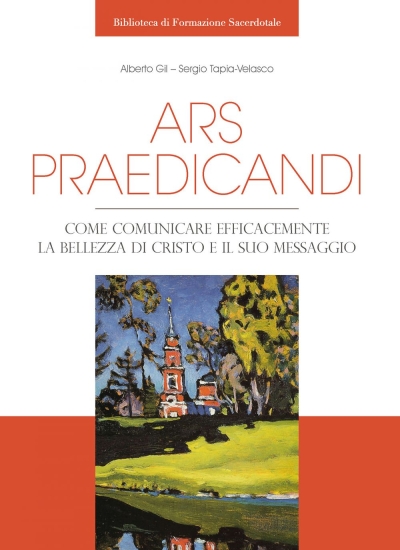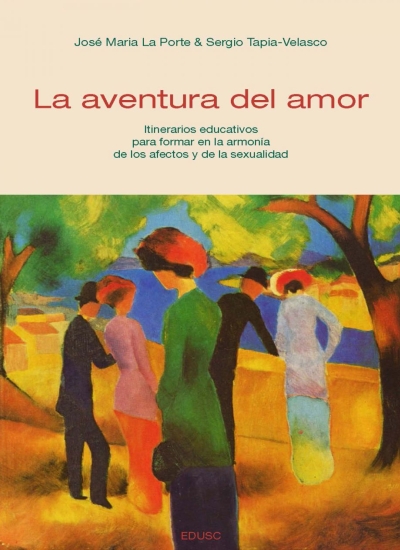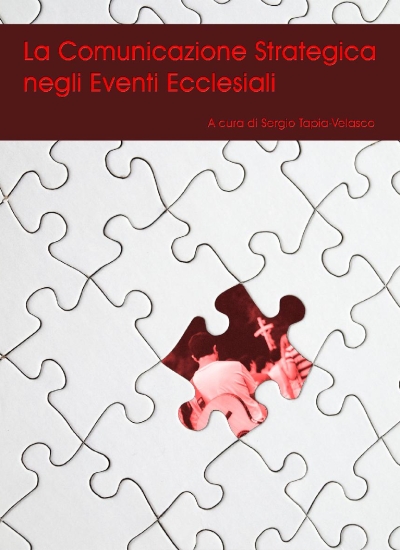Description
Every true culture is also a creative culture, which generates ideas that can change the world. Throughout history and across cultures, Christianity, through its faith in a personal God (not in a mere organizer of the world), has known how to value human reason and the potentialities inherent in human nature.
The fact that man can establish a personal relationship with God has always produced revolutionary changes in culture and in social life. Men from every walk of life are henceforth directed towards the path of the good, the true, and the beautiful. It’s a path found today in the media, an essential element of each of our lives and a privileged path to take.
The Ninth Professional Seminar on the Communication Offices of the Church entitled, “Church Communication: Creative Strategies for Promoting Culture Change”, aims to offer positive experiences and criteria for debating and communicating the faith in the public sphere. When the Gospel is incarnated into lifestyles, ideas, and cultures, it possesses a creative force that is capable of changing the world. The challenge for the Church communicator is to shed light upon the allure of this innovative force in the various folds of a secular and plural society.
“The profession of communicators and media technology allow us to reach very far and deep inside the human heart, where important decisions are made (...). Similar to the creative word of God, communicators- with a single word- can create or recreate an image of reality. Plus, modern technology globalizes and stimulates the power of speech. The fascinating and powerful action and influence of the media in society and culture is evidence. They can help you grow or disorient. They can recreate many things, informing us about the reality to help us in the discernment of our options and decisions; or instead, they can create virtual simulations, fantasies and fiction that move us toward viable options. (...) The media are now the main tools for the creation of Culture” (J.M. Bergoglio).
Notes biographiques
DANIEL ARASA is Associate Professor of Digital and Strategic Communications at Santa Croce. He studied Journalism at the Universitat Autònoma de Barcelona and in the Southern Methodist University (Dallas). He is author of “Church Communications Through Diocesan Websites. A Model of Analysis” (2008), and co-editor of “Religious Internet Communication. Facts, Experiences and Trends in the Catholic Church” (2010)
Cristian Mendoza è professore associato di dottrina sociale della Chiesa presso la Facoltà di Teologia della Pontificia Università della Santa Croce a Roma. Insegna cultura economica della Chiesa presso la facoltà di comunicazione istituzionale della medesima università. Da anni collabora con alcune Business Schools dell’America Latina in un progetto di Inclusive Growth per generare iniziative di sviluppo sostenibile fra imprenditori con sensibilità per il sociale. È stato resident Fellow a Harvard University durante il corso 2018/19. Ha pubblicato articoli e libri in collaborazione con IPADE Business School e con ESE Business School.
Sergio Tapia-Velasco è professore di Public Speaking e Media Training presso la Facoltà di Comunicazione Istituzionale della Chiesa della Pontificia Università della Santa Croce. Oltre alla comunicazione istituzionale della Chiesa, si dedica allo studio della predicazione, della filosofia della conversazione, dei nuovi movimenti religiosi e della storia della musica contemporanea.











